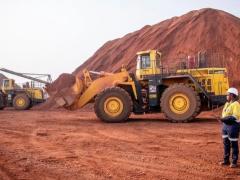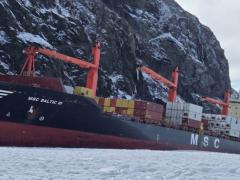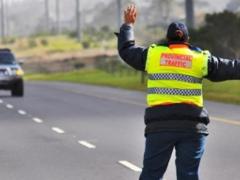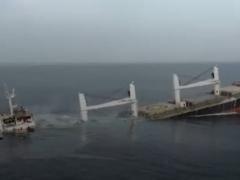The crystal ball looks grim from most angles right now, with little but gloom and doom facing the consumer from unpredictable weather extremes to ever-rising costs and crime rates, and political upheaval. Looking at the Western Cape in particular and this region’s economic prospects for the year ahead, FTW established the following: On the bright side, figures obtained from the Cape Town Regional Chamber of Commerce and Industry appear to reflect that the region is maintaining its appeal to foreign tourists. Over recent years tourism has become a mainstay of the Western Cape economy and “it has held up surpisingly well”, according to the Chamber’s media spokesman Tony Robinson. “Official statistics for international passenger arrivals at Cape Town International Airport show that growth continued throughout last year. The figure for January 2009 of 75 445 passenger arrivals, although down by 4.62%, is still very high.” Future prospects have also been brightened by the impending development of the gas fields off the West Coast, adds Robinson. “Exploitation will involve the building of pipelines, power stations, and gasto- liquid refineries that could well kickstart a local chemical industry,” he says. “Gas is an under-used product in SA and there is considerable potential for a new industry.” Looking at other sectors of the economy, Robinson believes the Western Cape has been fortunate compared to the rest of the country in that its economy is largely based on agricultural products. “Demand for food products is more stable than many other consumer items and, as we have had good rains and full dams over the past two years, the agricultural sector has been in a fairly good position to cope with economic hard times.” Mining, which has been so hard hit by the fall in commodity prices, is very limited in the Western Cape, as is manufacturing for the motor industry. Meanwhile, the largely Cape Townbased retail industry has continued to do relatively well (with several big chains including Woolworths, Truworths, Shoprite and Pick ’n Pay having their head offices here). The one sector however that has suffered in recent years is clothing and textiles, although, explains Robinson, most of the damage was done before the present downturn and some companies were able to adapt to changing situations and fierce competition from Far Eastern imports. “Companies that continue to be successful in this sector tend to operate in niche markets,” he told FTW. When it comes to transport issues specifically, one major problem that has to be dealt with promptly is the serious shortage of qualified truck and bus drivers. With the increasing reliance on road transport, and Cape Town’s ‘Rapid Bus’ project lined up to deal with next year’s surge of World Cup visitors, how to train the requisite number of heavy vehicle operators in time is currently a massive headache for the Mother City. Says Robinson: “The idea of a learner driver in a ten-ton vehicle is a nightmare. The big problem faced by bus and truck operators is that heavy vehicles are expensive and there is huge cost involved in diverting them from productive use to driver training, let alone the additional risks, especially to other road users.” The CPT Chamber of Commerce believes the answer could be to create a driving academy where candidates would be trained on simulators, as well as in actual vehicles.












